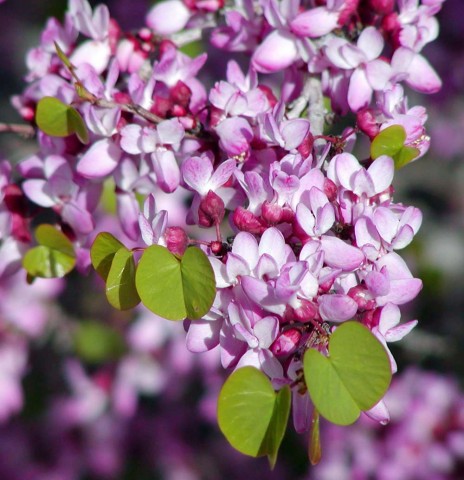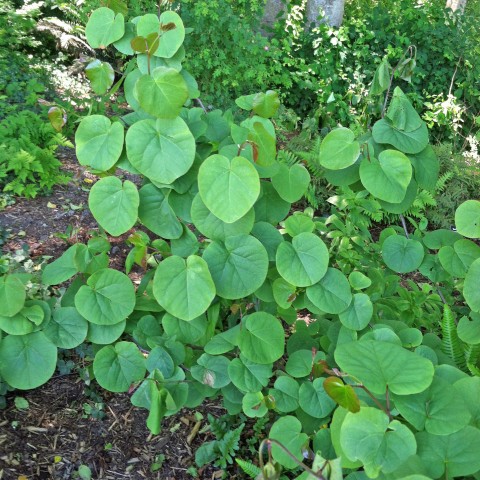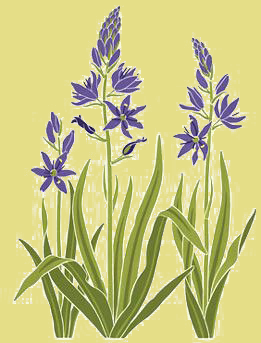Western Redbud


1 - Image by Stan Shebs
Licensed Under: CC-BY-SA-3.0 Unported
2 - Image by Lindsey Vallance
3 - Image by Chuck Holland
Abundant in the foothills along the northern California coast and in small patches in southern Oregon,Cercis orbiculata, or Western redbud, puts on a stunning display in spring, when its branches are covered with clusters of bright pink or magenta blooms, just as its leaves unfurl. Even if its blooms were not so lovely, its leaves are reason enough to include this plant in your garden. They are kidney shaped and blue-green in color, turning a lovely shade of yellow in the fall. After they drop, long purple-brown seed pods are revealed. Butterflies, bumblebees and orchard mason bees visit the flowers and birds consume the seeds. Western redbud can be a shrub or a small multi-trunked tree up to 20' tall.
In the wild, Cercis orbiculata, can be found near seasonal streambeds and woodland edges. It is very drought tolerant, but will look its best with supplemental watering in dry periods. Western redbud blooms best in full sun and is adaptable to a variety of soil types.
Native people used the redbud twigs to weave baskets and its bark provided a faint reddish dye, also used in basketry.
Western redbud is not a plant commonly found in coastal western Washington gardens and its use in the Buck Lake Native Plant Garden is experimental. It needs a winter chill to produce abundant blooms, so our garden, which is so close to the Puget Sound, may not be its ideal habitat. It was planted in 2015, and is blooming, though not copiously. We may find that it is more at home in the Cascade foothills, where the temperatures are colder in the winter.

